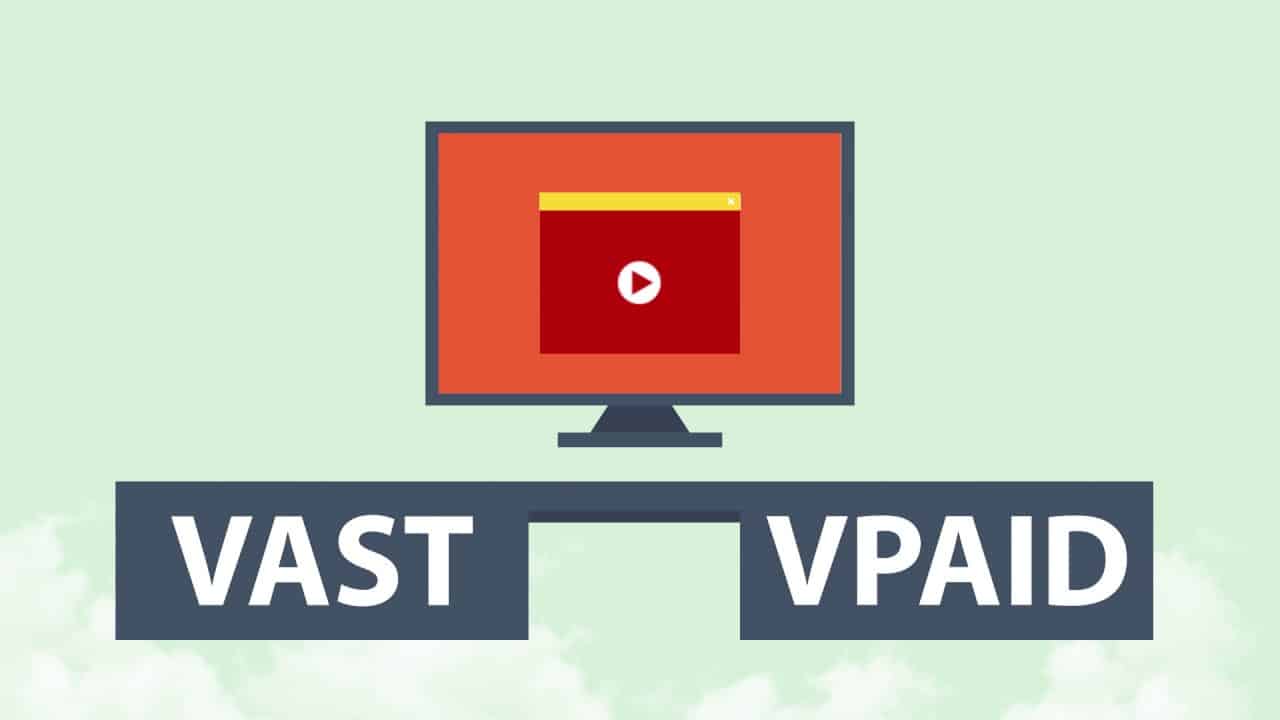-
Table of Contents
The Power of RTMP Server: Revolutionizing Live Streaming

Live streaming has become an integral part of our digital landscape, enabling real-time communication and content delivery across various platforms. One of the key technologies that has revolutionized live streaming is the Real-Time Messaging Protocol (RTMP). In this article, we will explore the capabilities and benefits of an RTMP server, and how it has transformed the way we consume and share live content.
What is an RTMP Server?
An RTMP server is a media streaming server that uses the RTMP protocol to deliver live or on-demand audio and video content over the internet. RTMP, developed by Adobe Systems, is a protocol designed for high-performance transmission of audio, video, and data between a media server and a Flash player. It has become the de facto standard for live streaming due to its low latency and high-quality streaming capabilities.
The Advantages of RTMP Server
1. Low Latency: One of the key advantages of an RTMP server is its low latency. Unlike other streaming protocols, RTMP offers real-time streaming with minimal delay, making it ideal for live events, gaming, and interactive applications. This low latency ensures a seamless and immersive experience for viewers, reducing the lag between the content being streamed and its delivery to the end-user.
2. Adaptive Bitrate Streaming: RTMP server supports adaptive bitrate streaming, which dynamically adjusts the quality of the video stream based on the viewer’s internet connection. This ensures smooth playback and prevents buffering issues, even in situations where the viewer’s internet speed fluctuates. By adapting to the viewer’s bandwidth, RTMP server delivers a consistent and uninterrupted streaming experience.
3. Secure Streaming: RTMP server offers built-in security features, such as encryption and authentication, to protect the content being streamed. This ensures that only authorized viewers can access the live stream, preventing unauthorized distribution or piracy. Additionally, RTMP server supports secure streaming protocols like RTMPS (RTMP over SSL/TLS), further enhancing the security of the streaming process.
4. Wide Compatibility: RTMP server is compatible with a wide range of devices and platforms, making it accessible to a large audience. It can be used with desktop computers, mobile devices, smart TVs, and even gaming consoles. This compatibility ensures that the live stream can reach viewers across different devices, maximizing the reach and impact of the content being streamed.
Use Cases of RTMP Server
1. Live Events: RTMP server is widely used for live events, such as sports broadcasts, concerts, and conferences. Its low latency and high-quality streaming capabilities make it ideal for delivering real-time content to a large audience. With an RTMP server, event organizers can reach viewers worldwide, providing an immersive experience regardless of their location.
2. Gaming: The gaming industry has embraced RTMP server for live streaming gameplay, tournaments, and esports events. Gamers can showcase their skills and interact with their audience in real-time, creating a vibrant and engaging community. RTMP server’s low latency ensures that viewers can follow the action without any noticeable delay, enhancing the gaming experience.
3. E-Learning: RTMP server has also found applications in the e-learning industry. Educational institutions and online platforms use RTMP server to deliver live lectures, webinars, and interactive training sessions. Students can participate in real-time discussions, ask questions, and receive immediate feedback, creating a more engaging and interactive learning environment.
Conclusion
The advent of RTMP server has transformed the live streaming landscape, enabling real-time communication and content delivery with low latency and high-quality streaming capabilities. Its advantages, such as low latency, adaptive bitrate streaming, secure streaming, and wide compatibility, have made it the preferred choice for various industries, including live events, gaming, and e-learning. With the power of RTMP server, content creators and organizations can reach a global audience, deliver immersive experiences, and create engaging communities. As live streaming continues to evolve, the role of RTMP server will remain crucial in shaping the future of real-time content delivery.




